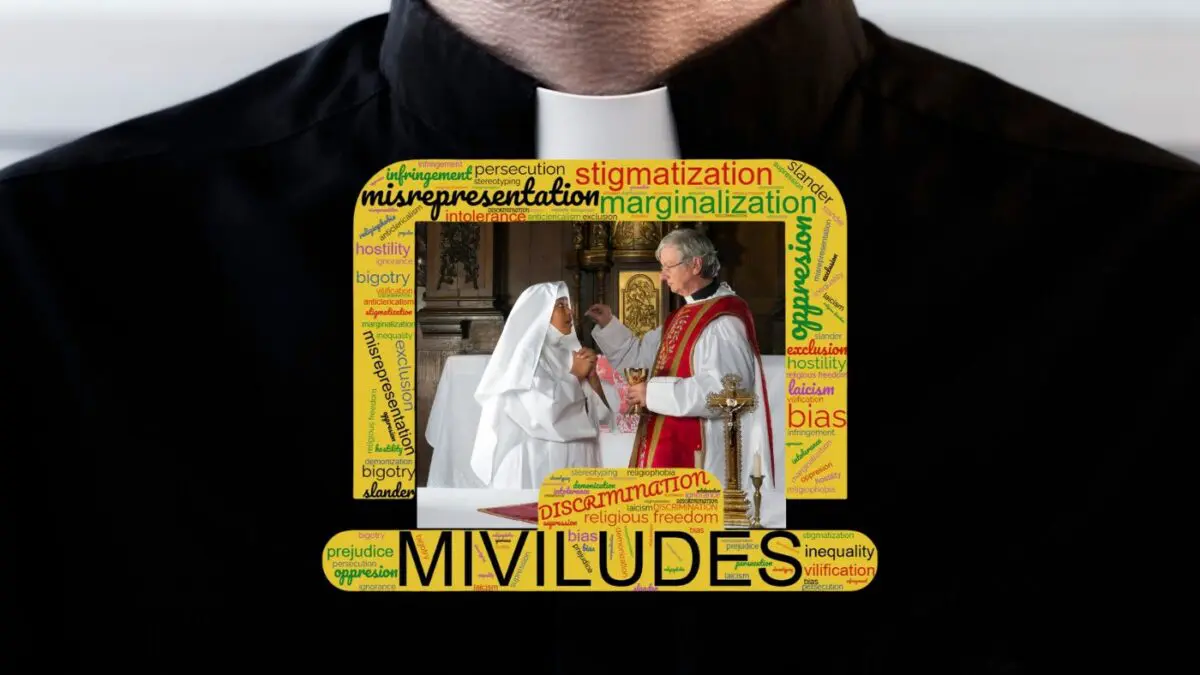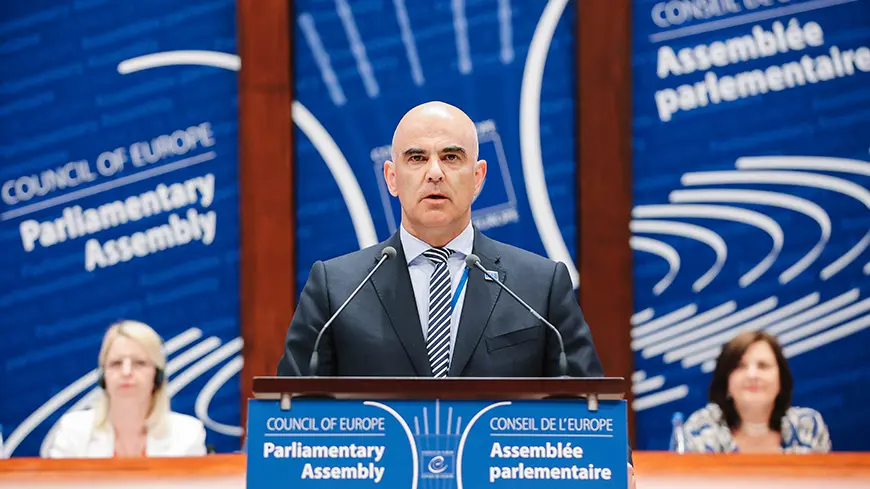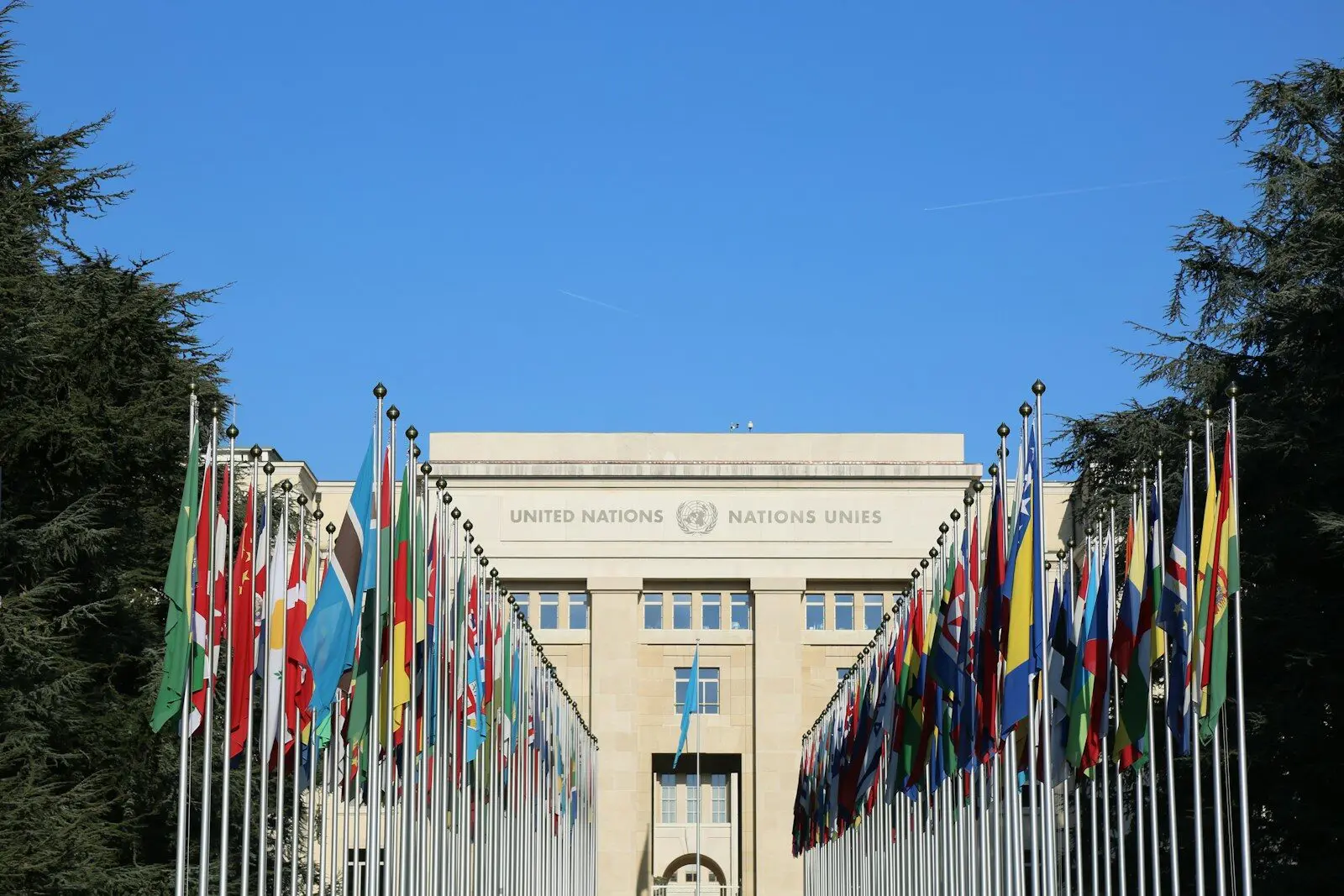In a turn of events in the ongoing discussion on religious freedoms in France the government antireligious MIVILUDES is facing criticism for its bias against religion, particularly for expanding its investigation to include traditional Catholic customs. This situation raises concerns about the fairness of the organization, which has historically focused on minority religions.
The Missionary Family of Notre Dame (FMND) led by Superior Father Bernard Domini is currently involved in a dispute under France’s updated anti-religious legislation. The accusations cite Article 223 15 2 of the French Criminal Code, which aims to safeguard minors and vulnerable individuals from exploitation. However, critics of FMND argue that this law’s reaching scope could potentially infringe on religious practices and liberties.
MIVILUDES, condemned to withdraw false information from another movement as reported by Le Monde, responsible for monitoring and addressing trends is being accused of scrutinizing Catholicism with the same intensity as it has done with smaller religious communities in the past, which would also deserve protection from antireligious agencies. Their reports claim that Catholic traditions such as vows of poverty, chastity and obedience are tools, for “control” while established beliefs are labelled as “misleading information”, meant to manipulate followers. These accusations echo criticisms often directed at mainstream religious groups and also smaller ones, even if all they do is to guide people towards a more responsible and ethical life far from the excess of immorality being pushed on society through far too many channels.
The FMND has responded by stating that their practices are being misrepresented and that engaging in life revolves around an individual’s personal calling rather than recruitment. They emphasize, “In the realm of life we don’t actively recruit! It is up to the individual to respond to a call from God.” The congregation asserts that fundamental religious practices should not be misinterpreted as manipulative or coercive. And here is where experts and activists around the world, tell the Catholic Church and its priests and nuns, that they should seek for the same protection to smaller and newer religions because once a government agency is allowed or supported for doing to the small ones, they will become “brave” and also do it to the more established religions.
This situation highlights an issue concerning MIVILUDES’ approach. Critics argue that the organization’s actions (while they’re also under investigation by the Court of Accounts) demonstrate a rooted bias against religious expressions, whether they stem from established religions like Catholicism or minority faiths such as Scientology or Jehovah’s Witnesses. They argue that such a standpoint undermines the values of equality and respect for all religions, advocating for a balanced and respectful treatment of religious practices irrespective of their size or history.
Global voices, including the United States Commission on International Religious Freedom, have expressed concerns about the consequences of France’s legal stance, suggesting it could violate the fundamental right to religious freedom and expression.
With the trial facing FMND, it prompts contemplation on the state’s role in overseeing religious practices. It questions both principles and religious freedom while calling for fair treatment of all faiths.
This particular situation could shape the outlook on religious acceptance and diversity in France as the community deals with determining the extent of state involvement, in religious views, practices and traditions.






